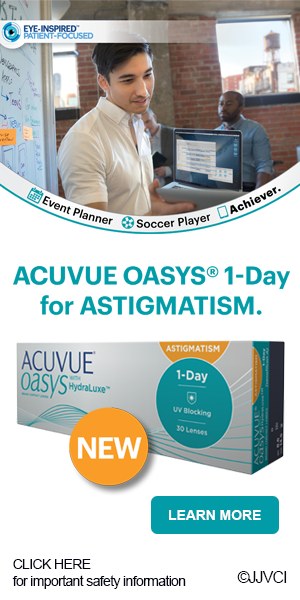At ICO, we begin working in clinic with patients during our first year. Many schools are set up differently but we enter clinic as soon as possible and begin by shadowing a third year student. Even though I was shadowing, I was very nervous about my first patient encounter. Luckily, I made it through my first year of clinic and am now the third year student being shadowed by first years. Since then I’ve developed my top 5 tips to surviving clinic. Hope you enjoy!
1.Relax
Take a deep breath and try not to worry too much. When you first start out, your patients will know you are a student and your attendings will know you are a beginner so, generally, they will cut you some slack. Remember that this should be the fun part of your education, it is setting you up for what you are going to be doing for the rest of your life. Enjoy clinic!
2. Come Prepared
This is a huge key to success in clinic. Make sure that you brush up on your skills and disease knowledge before you come to clinic. Oftentimes it is helpful to look at the charts of the patients you will be seeing the night before your shift. This gives you an idea of what to expect and will help you answer your attentions questions correctly when they ask- and they will ask!
3. Snacks
I personally cannot survive a single clinic shift without snacks. At the Illinois Eye Institute, our shifts are often either early morning or in the evening, both falling around my usual meal time. One of my attendings told us to always stock granola bars in your white coat and I’ve been doing that ever since!
4. Chat with Patients
I love to talk and I’ve found that my patients generally have a better time during the exam when we talk. I enjoy hearing their stories and I feel like it makes the longer exams go by more quickly for them. Of course you have to be careful not to waste time chatting and become inefficient but if you can multitask, it definitely makes the exam more enjoyable on both sides of the phoroptor.
5. Pay Attention to Attending Feedback
Most schools have a system where your attendings are able to grade your and provide feedback. It is easy to forget to read this feedback or ignore it when you get busy but I highly recommend not doing that. Generally the feedback is very helpful and will make things easier for you. Also, it’s a great way to help perfect your skills and your attendings will appreciate any positive changes you make.
Despite my nervousness during first year, I am much more confident in clinic today and really enjoy working with patients. It’s easy to make mistakes but it’s also important to learn from those mistakes. I am looking forward to being in clinic full time next year and I will be sure to continue to use these tricks!
Jessica Capri
Illinois College of Optometry 2019





